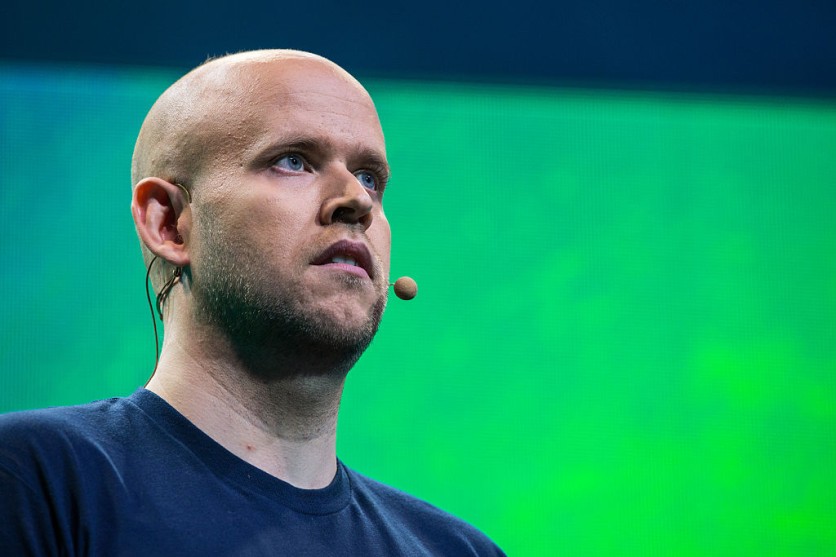Spotify's CEO, Daniel Ek, has stated that the music streaming platform has no intentions of completely banning content created by artificial intelligence (AI).
This declaration comes after Spotify removed a track earlier this year that featured AI-cloned voices imitating popular artists like Drake and The Weeknd.

Spotify Not Banning AI-Made Music
In an interview with BBC, Daniel Ek outlined his perspective on AI's role in music creation. He categorized AI use into three groups: tools like auto-tune that enhance music, which he finds acceptable); tools that mimic artists, which he considers unacceptable; and a more ambiguous middle ground where AI-generated music is influenced by existing artists but does not directly impersonate them.
Ek acknowledged that navigating the integration of AI in music creation would be a complex task. While Spotify does not outright ban all forms of AI on its platform, it does prohibit the use of its content to train machine learning or AI models that generate music.
Increasingly, artists are voicing concerns about AI's impact on the creative industries. Irish musician Hozier recently expressed his reservations, stating that he's unsure if the technology meets the criteria for art.
The controversy surrounding AI in music was exemplified when Drake and The Weeknd were unaware that their voices were cloned for the song "Heart on My Sleeve," resulting in its removal from Spotify and other streaming platforms in April.
Read Also : Spotify Daylist: New Service Helps Match Your Mood Depending on the Time of Day-How Does it Work?
Spotify's New AI Tool
In a related development, Spotify has introduced an AI-driven feature designed to translate podcasts into different languages while retaining the original host's voice.
This technology utilizes OpenAI's voice generation, which is capable of producing highly realistic synthetic voices based on minimal speech samples.
This feature aims to enhance the podcast listening experience, preserving the unique speech characteristics of the original podcaster. By employing OpenAI's advanced voice generation, Spotify aims to provide an authentic listening experience, far surpassing traditional dubbing methods.
In the initial phase, Spotify collaborated with notable podcasters to generate AI-powered voice translations in Spanish, French, and German for select episodes. The plan is to extend this feature to other popular shows in the future, providing a more inclusive listening experience for audiences worldwide.
Ziad Sultan, vice president of Personalization at Spotify, emphasized the significance of Voice Translation, saying that it empowers listeners worldwide to connect with new podcasters in an incredibly authentic manner. This initiative aligns with Spotify's mission to unlock the potential of human creativity through a thoughtful approach to AI.
Related Article : Spotify Top Summer Songs 2023 Revealed: Streaming Platform Lists Taylor Swift as 3rd in the US

ⓒ 2025 TECHTIMES.com All rights reserved. Do not reproduce without permission.




